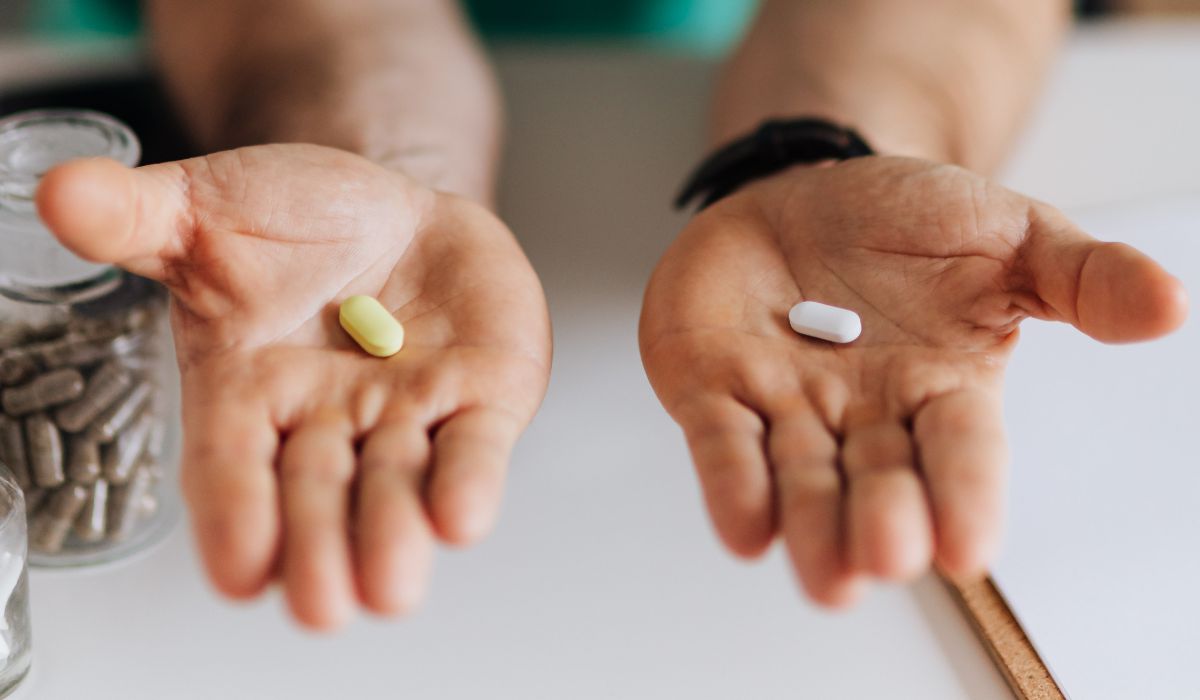
How to Reduce Blood Pressure Naturally Without Medication

High blood pressure (hypertension) is often called the “silent killer” because it typically has no symptoms yet significantly increases the risk of heart disease, stroke, and kidney failure. While medications can effectively control blood pressure, many people can reduce or even manage it naturally through lifestyle changes. Below are evidence-based strategies to help lower blood pressure without medication:
Adopt a Heart-Healthy Diet
- The food you eat plays a major role in managing blood pressure.
- Follow the DASH diet: The Dietary Approaches to Stop Hypertension (DASH) diet emphasizes fruits, vegetables, whole grains, low-fat dairy, lean protein, and reduced salt intake.
- Reduce sodium intake: Aim for less than 2,300 mg per day, and ideally closer to 1,500 mg.
- Increase potassium: Foods like bananas, oranges, spinach, and sweet potatoes help balance sodium’s effects.
- Limit processed foods: Packaged and fast foods are often high in sodium and unhealthy fats.
Exercise Regularly
- Physical activity strengthens the heart and improves circulation, which lowers pressure on artery walls.
- Aim for at least 30 minutes of moderate exercise most days of the week.
- Good options include walking, cycling, swimming, or dancing.
- Even short bouts of activity throughout the day can add up and be beneficial.
Lose Excess Weight
- Blood pressure often increases with weight. Losing even a small amount can have a big impact.
- Visceral fat, or fat around the waist, is especially linked to hypertension.
- Men should aim for a waistline under 40 inches; women under 35 inches.
Limit Alcohol Consumption
- Excessive alcohol can raise blood pressure.
- Men: No more than 2 drinks per day.
- Women: No more than 1 drink per day.
- Consider avoiding alcohol completely if you’re at high risk.
Manage Stress Effectively
- Chronic stress contributes to long-term blood pressure elevation.
- Practice relaxation techniques: Deep breathing, meditation, prayer, or yoga.
- Avoid stress triggers when possible, and cultivate a balanced work-life routine.
- Talk to someone – social support can ease stress and anxiety.
Quit Smoking
- Each cigarette temporarily raises blood pressure. Over time, tobacco damages blood vessel walls.
- Quitting improves circulation and lowers blood pressure almost immediately.
- Seek help via support groups, nicotine replacement, or behavioral therapy.
Sleep Well
- Poor sleep, especially sleep apnea, is strongly linked to hypertension.
- Aim for 7–9 hours of quality sleep each night.
- Maintain a regular sleep schedule and minimize screen time before bed.
- If you suspect sleep apnea, consult a healthcare provider.
Monitor Your Blood Pressure at Home
- Keeping track helps you and your doctor detect trends and make better decisions.
- Use a validated digital monitor.
- Measure at the same time daily (preferably morning).
- Keep a log and share with your doctor during visits.
Conclusion
Lowering blood pressure without medication is not only possible but also highly beneficial for overall health. Lifestyle modifications such as improving your diet, increasing physical activity, managing stress, and quitting smoking can significantly reduce blood pressure and improve quality of life. However, always consult your doctor before making major changes, especially if you are already on medication or have other health conditions.